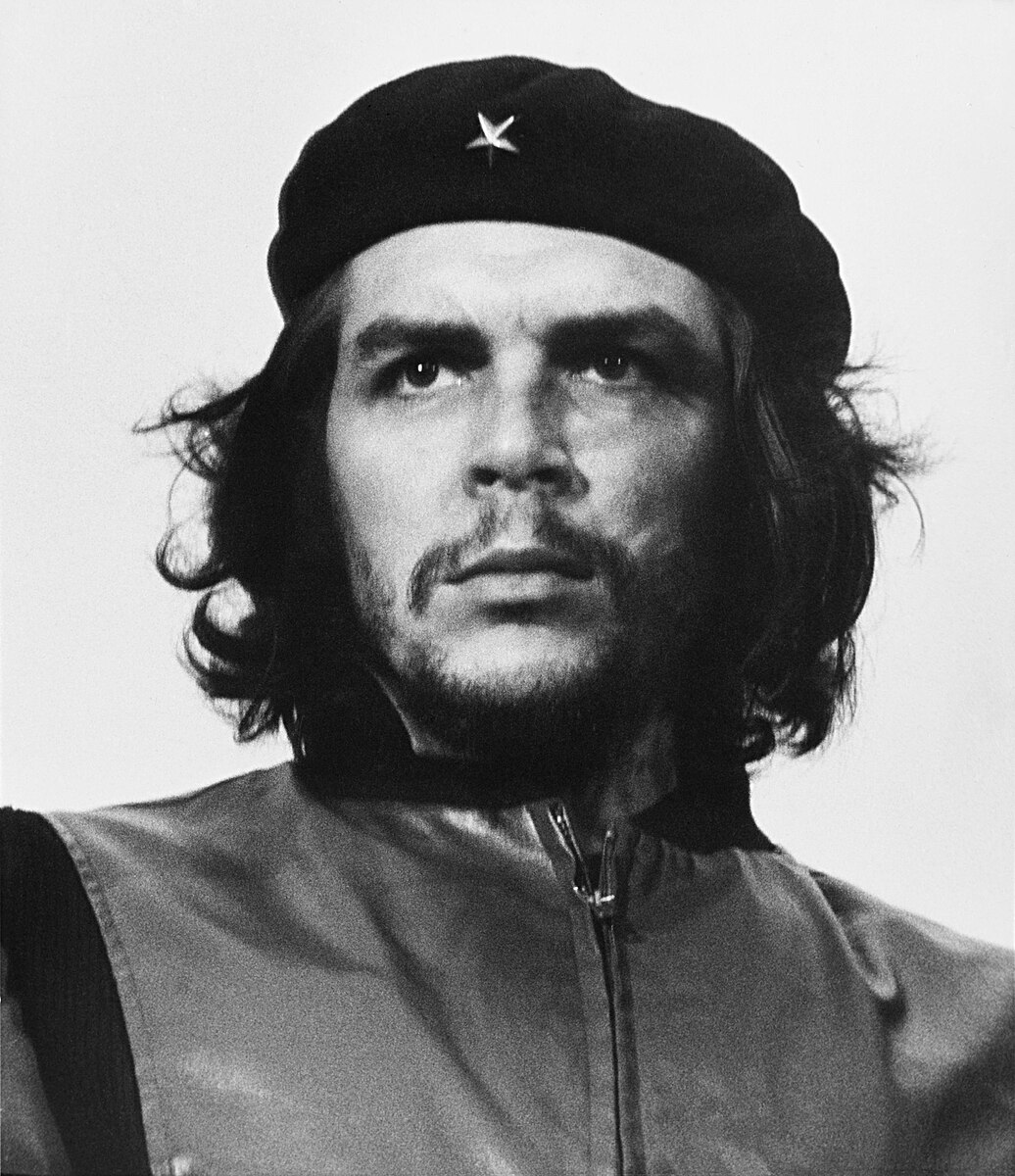ASUU Strike: What’s The Way Forward?
The PUNCH newspaper on Monday, February 14, 2022 announced via their Twitter page that the Academic Staff Union of Universities (ASUU) has declared a nationwide strike. In the report, it was stated that the strike would last for an initial period of four weeks starting from when it was announced. Since the announcement, there have been various reactions among students of public universities. Some students are elated as they have beeen wishing to take a break from academic activities and this has presented a perfect opportunity for that. Some other set of students sees it as an opportunity to get one or two things done. It could be learning a skill or skills, as the case may be; money-making is also a thing to get done. Other students are dissatisfied with the news as they can’t wait to drop the undergraduate lifestyle and enter the real world.
Although it is at the expense of students…or not (I can explain), I believe the industrial action by ASUU is justified. Working like an elephant and eating like an ant is the case of most lecturers in Nigerian public universities. You can also call them sweated labour. Nigeran lecturers are among the poorest paid in the world, coupled with the fact that there are poor teaching conditions and limited access to teaching resources. ASUU had an agreement with the government in 2009, an agreement which the government has only fulfilled a minute percentage of. This is 2022! Do I need to say more?
I must say that one of the major reasons for the strike is the REVITALISATION of Nigerian universities. ASUU has demanded that the government give new life to our universities, with regards to infrastructure and good teaching and learning environments generally. This will highly benefit us students as we can get access to fully equipped libraries and other training equipment that will make us not only better professionals, but also world-class.
The news brought mixed feelings for me: the excitement of getting things done and the despair of not knowing when it will all end or the more time I will have to spend in school. I was still dealing with this dilemma when I got the news that the strike will not affect my already scheduled professional examination(MB). I’m not sure what I feel about this. Some part of me says, “What is this unnecessary drama?”; the other part says, “Yay!” I want the strike and at the same time I want to take my MB. The examination was initially slated to start on the 1st of April, but news reaching me just before I started writing this piece says that it has been rescheduled to the third week in April. Third week in April? Hm, let’s see sha. Oh! And for the Dentistry students, their dental anatomy C.A which was initially scheduled for February 25 got postponed indefinitely. Left for me, I’d rather they do it once and get it over with but it is what it is.
I will like to know what you think about the ASUU strike in the comments section and to my classmates, how we go run this MB?
Temiloluwa Ishola

